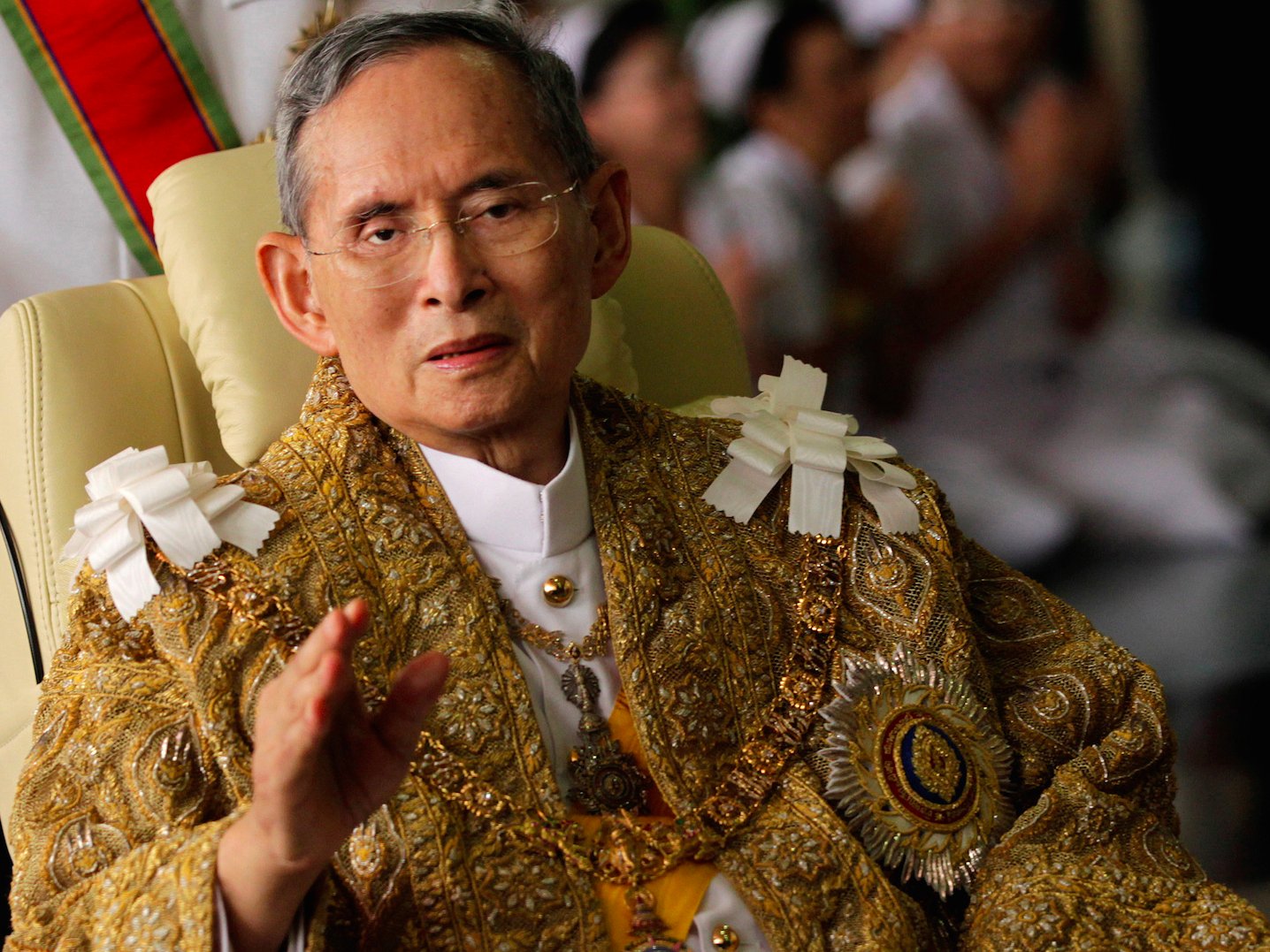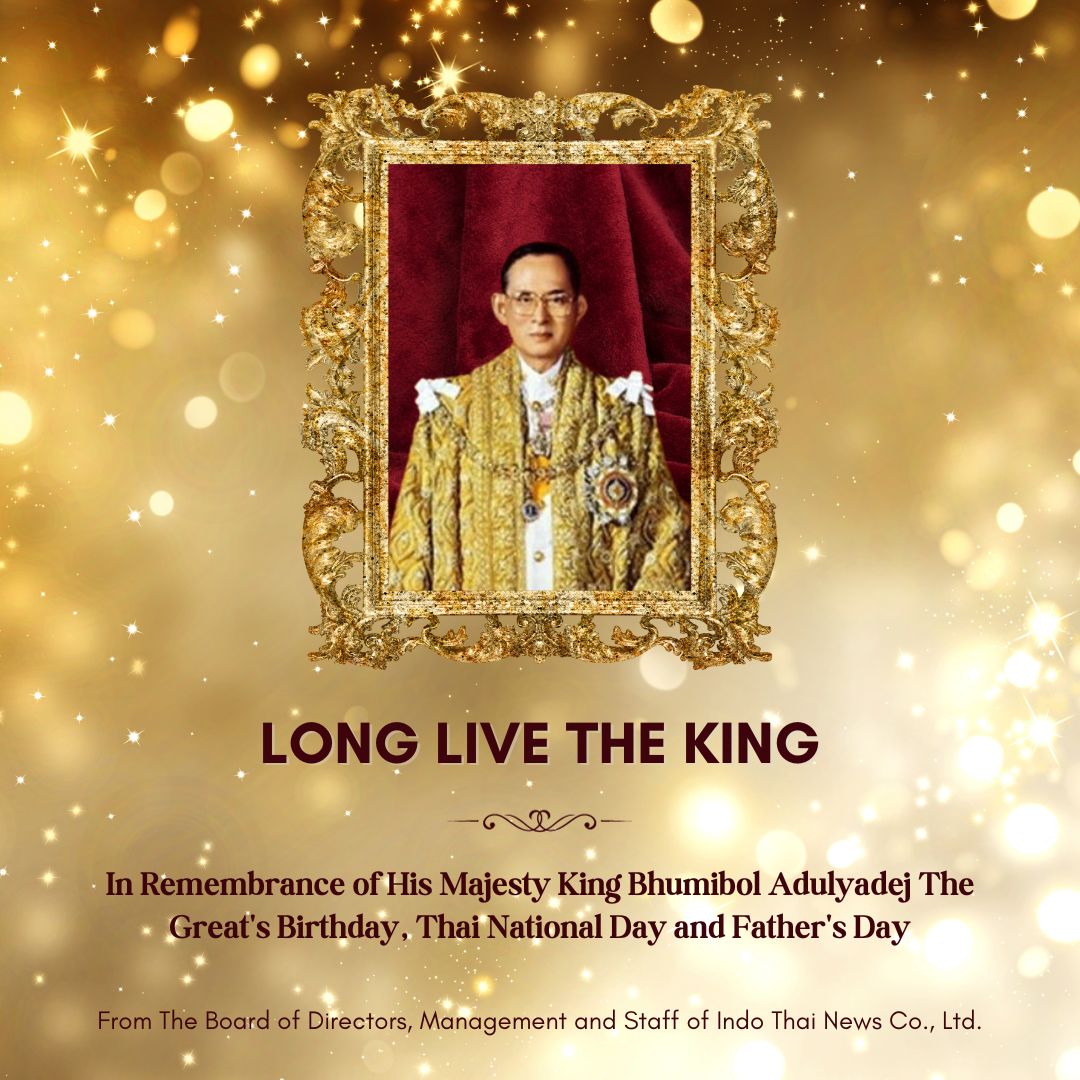Thailand has several public holidays on its calendar, and one of the most significant is the birthday of the late King Bhumibol Adulyadej. This holiday, which falls on 5 December, has been celebrated for many years as the King’s Birthday and is also recognized as Father’s Day. However, since the King’s passing at the age of 88 on 13 October 2016, the holiday has taken on even greater significance as a day to honor his memory and legacy.
Throughout his long reign, King Bhumibol Adulyadej was widely revered as a unifying figure who worked tirelessly to improve the lives of his people. His birthday was always a special occasion in Thailand, marked by parades, fireworks, and other festivities. Today, the holiday remains an important part of the country’s cultural heritage, and many Thais continue to celebrate it as a way of paying tribute to the late King’s many contributions to their nation.

Moreover, the birthday of King Bhumibol Adulyadej is one of Thailand’s most important public holidays, and it holds a special place in the hearts of many Thais. While it was traditionally celebrated as the King’s Birthday and Father’s Day, it has taken on even greater significance since his passing, serving as a day to honor his memory and reflect on his many achievements.
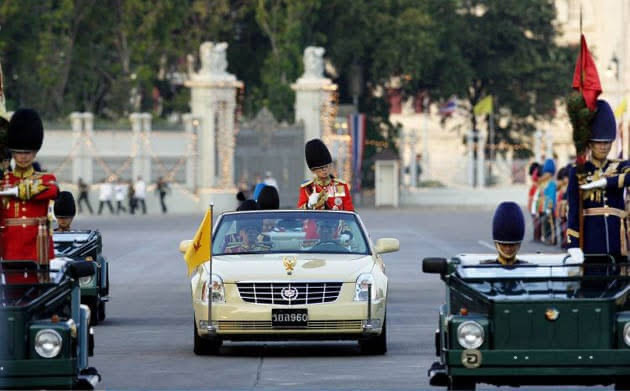
The History and Future of King Bhumibol’s Birthday
King Bhumibol, who was born on 5 December 1927 in Massachusetts, USA, was highly respected by the people of Thailand. Consequently, his birthday has become a significant event in the country, marked by numerous celebrations and festivities each year. Following his passing in 2016, this occasion serves as an annual opportunity to honor the late king’s memory.
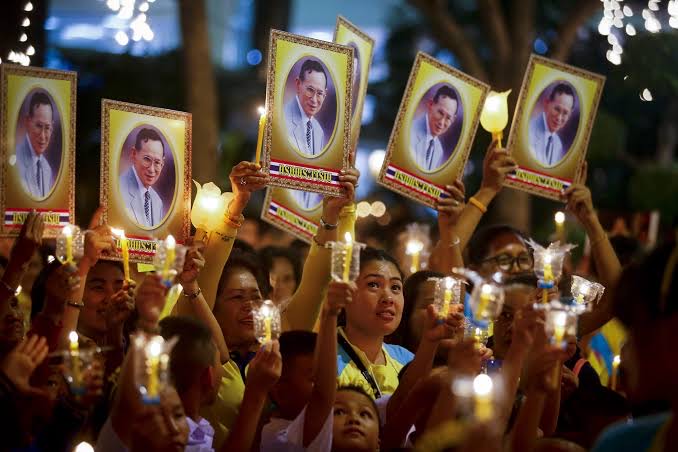
In addition to being revered as the symbolic father of Thailand, King Bhumibol’s birthday, 5 December, has long been celebrated as Father’s Day nationwide. Similar to how Mother’s Day is observed on 12 August, which coincides with Queen Sirikit’s birthday, this tradition remains unchanged even after the king’s demise. On Father’s Day, Thai people show their respect to their fathers and grandfathers, often presenting them with a canna flower, known as “dok phuttha raksa” in Thai, which resembles a lily.
Furthermore, the birthday of King Bhumibol holds great significance in Thailand, not only as a day to remember the late king but also as a time to honor fathers and grandfathers across the nation. The celebrations and traditions associated with this occasion continue to be cherished and upheld by the Thai people.
Celebrations in Bangkok and around Thailand
Previously, the birthday of King Bhumibol on 5 December was commemorated with festivities and candlelit ceremonies throughout Thailand. These celebrations took various forms, ranging from large-scale organized events to smaller gatherings in local communities. On this special day, numerous Thais would flock to the streets, often spending the night to secure a prime location and catch a glimpse of the king as he appeared and delivered a speech. Many attendees would don yellow shirts, as yellow is considered the color associated with Monday, the day of the king’s birth in 1927.

The significance of wearing yellow stems from an astrological belief influenced by Hindu mythology, which states that each day is protected by a specific god, represented by a particular color. Consequently, patriotic Thais have long embraced the tradition of wearing yellow at the beginning of each week. Similarly, light blue is associated with Friday, the day of the Queen’s birth, and Thais often don this color on Fridays and during celebrations for the Queen’s birthday. Although the practice of color-coded clothing had waned in recent times, it experienced a resurgence during the diamond jubilee celebrations of the king’s coronation in 2006.
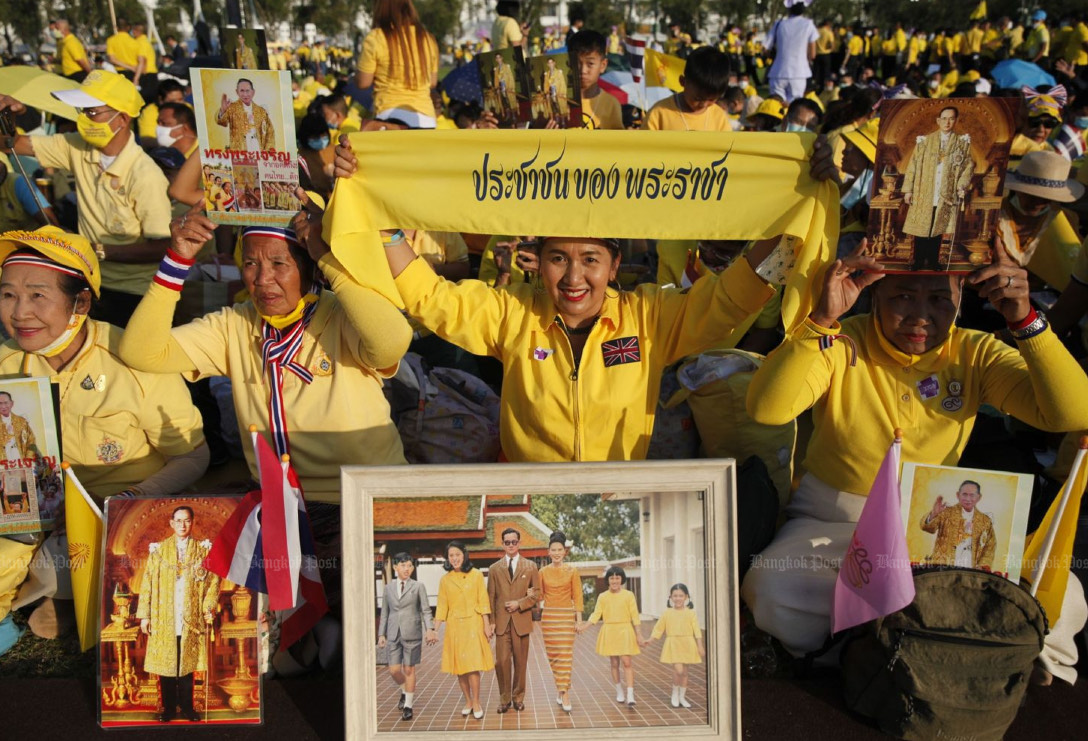
The specific details of this year’s festivities for King Bhumibol’s birthday in Bangkok and other parts of Thailand are yet to be determined. However, it is highly likely that the tradition of using intricate light displays to adorn significant areas of Bangkok, such as Ratchadamnoen Avenue in Phra Nakhon, as well as other roads near the Grand Palace, will continue. Additionally, customary ceremonies are typically held at the Sanam Luang royal ceremonial ground, which was also the site of King Bhumibol’s cremation. It is expected that these ceremonies will persist in the future as well.
Likewise, it can be anticipated that Hua Hin, where King Bhumibol frequently resided at Klai Kangwon Palace, will continue to host notable celebrations in honor of his birthday. This location has consistently been the venue for the most prominent royal birthday festivities each year.
That being said, the grandeur of King Bhumibol’s birthday has historically resulted in events and celebrations taking place throughout Thailand. This widespread commemoration will likely continue in the years to come.


